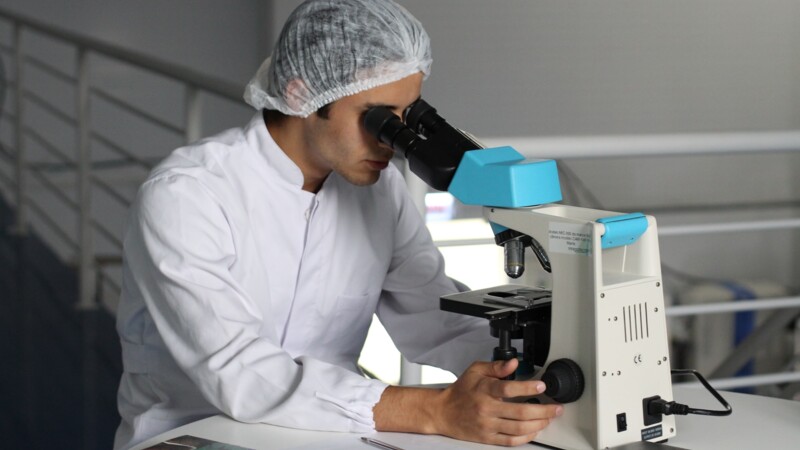Researchers will compare blood samples from pancreatic cancer patients with those of people with an increased risk of the disease and healthy people using analyses and artificial intelligence. Pancreatic cancer is frequently diagnosed late and in most cases leads to a swift death. "Thus there is a great need for action," said Prof. Dr. Klaus Pantel, Director of the Institute for Tumour Biology and head of the international research consortium. About 19,000 people are diagnosed with pancreatic cancer in Germany every year. A blood test could enable earlier diagnosis and more promising treatment, he added.
The EU has approved EUR 9.8 million for the international Pancreatic Cancer Initial Detection via Liquid Biopsy (PANCAID) research project, managed by UKE, a press release said Friday (February 10, 2023). Researchers in eight countries now hope to come up with a blood test to detect pancreatic cancer early during the project through 2027. UKE’s Cancer Centre is to receive EUR 1.8 million of the total funds.
Blood test to improve treatment
Project to advance UKE's cancer research
The PANCAID project is being funded as part of the EU's "Horizon Europe" scheme. Five out of 78 applications for funding were selected. PANCAID also involves the University Hospital Schleswig-Holstein, the University Hospital Heidelberg and institutions in Sweden, Spain, Austria, Belgium, France, England and Israel. Launched on January 1, 2023 in Hamburg, the project should take UKE's cancer research a big step forward, according to Prof. Dr. Blanche Schwappach-Pignataro, Dean of the Faculty of Medicine.
nj/pb
Sources and further information
More
Similar articles

EUR 5 million in research funds for UKE

UKE's new research campus marks topping-out

European Research Council honours neuroscientist at UKE
